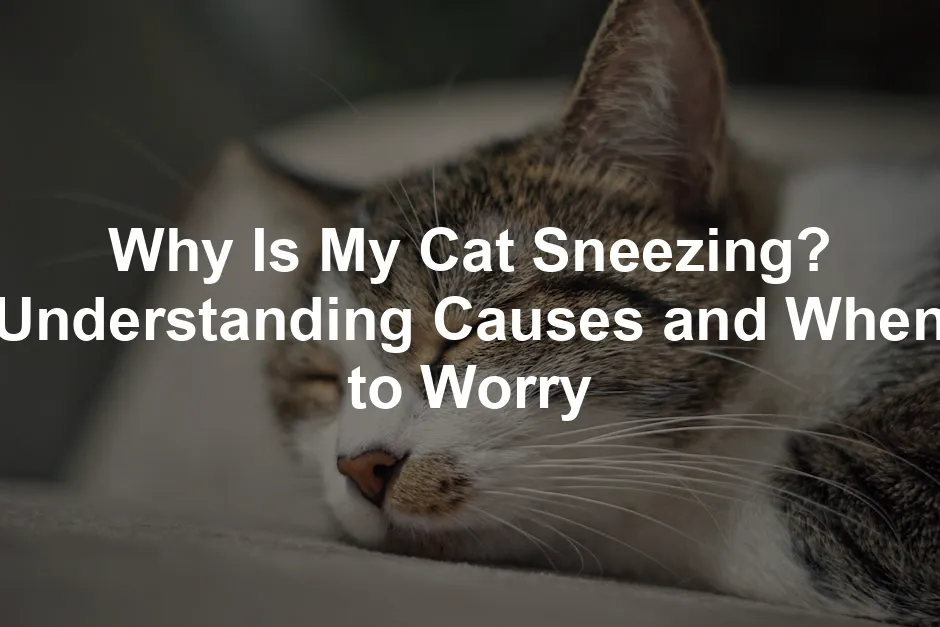
Why Is My Cat Sneezing? Understanding Causes and When to Worry
Introduction
Ah, the delightful sound of a cat sneeze! It’s like a tiny, furry symphony that can make any cat owner chuckle. Those little “achoo!” moments often raise eyebrows, making us wonder if our feline friend is simply clearing their nose or if something more serious is afoot. Occasional sneezing is generally harmless, much like when we humans sneeze due to a tickle or a stray dust particle.
However, if your cat’s sneezing becomes persistent, it might be time to put down the catnip and pay attention. Continuous sneezing can indicate underlying health issues that may require veterinary intervention. After all, we wouldn’t want our whiskered companions to suffer in silence while we chuckle at their adorable antics!
In this section, we will unravel the various reasons behind your cat’s sneezing. Is it just a harmless reflex, or is there something more concerning? Understanding the causes of sneezing can help you determine when it’s time to consult the vet. So, grab a cozy spot next to your purring friend and let’s explore the sneezes!
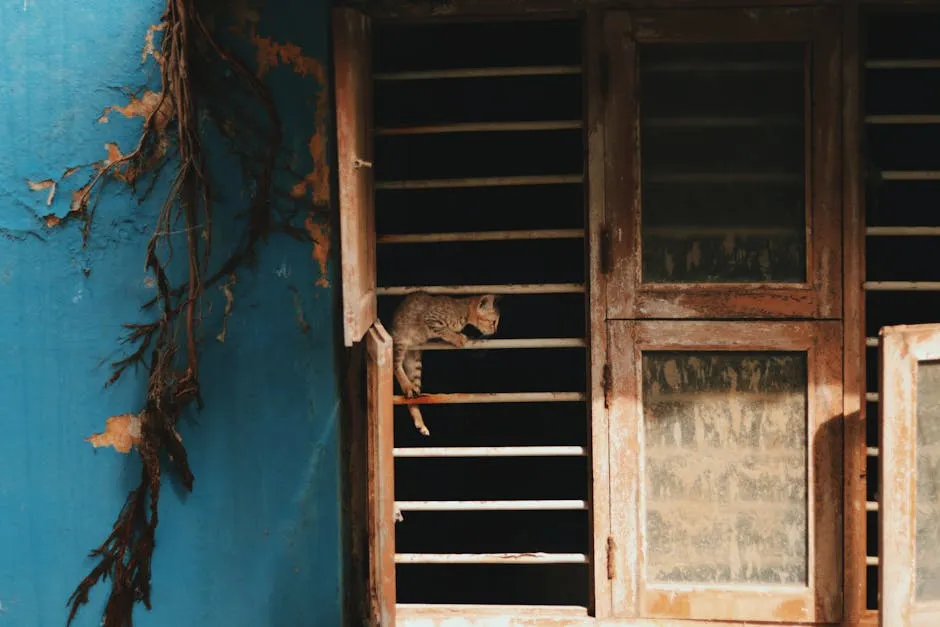
Summary
Sneezing in cats can arise from various sources, ranging from simple irritants like dust and strong smells to more serious conditions such as respiratory infections or dental disease. Recognizing the context of your cat’s sneezes is key. Is it a one-off sneeze or a full-blown sneezing fit? Additionally, consider accompanying symptoms like nasal discharge, loss of appetite, or lethargy, as these can signal the need for veterinary care.
Monitoring your cat’s sneezing patterns is crucial. If your feline friend is sneezing excessively or shows other concerning signs, it may warrant a trip to the vet. Throughout this article, we will cover common causes of sneezing, when to seek veterinary help, and treatment options to keep your cat happy and healthy. Remember, while sneezing may be cute, your cat’s health is paramount!
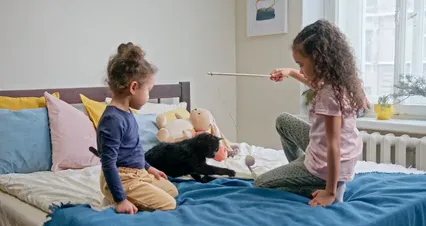
3. Dental Problems
Dental issues can be sneaky little troublemakers. They often go unnoticed until they cause bigger problems, like sneezing. When a cat has dental disease, particularly an infection in the tooth roots, it can lead to inflammation that spreads to the nasal passages. This inflammation can irritate the nasal area, making your cat sneeze more often.
Imagine a tooth infection as an uninvited party crasher, wreaking havoc on your cat’s health. The roots of the teeth, especially those in the upper jaw, are close to the nasal cavity. So, when infection strikes, it’s like sending a sneezing invitation to your cat. If you notice persistent sneezing, it’s essential to check your cat’s dental health. Regular vet check-ups can prevent these dental dilemmas, ensuring your furry friend stays happy and sneeze-free!
To keep your kitty’s teeth shining bright, consider a Cat Dental Care Kit. This kit is a must-have for cat owners who want to promote good dental hygiene and prevent those pesky infections before they start!
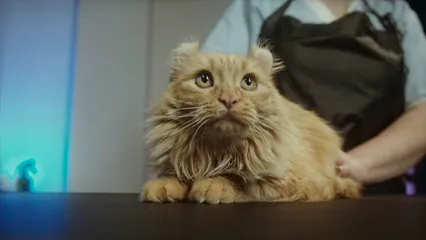
4. Upper Respiratory Infections
Upper respiratory infections (URIs) are the feline equivalent of the common cold. Sneezing is one of the most recognizable symptoms of these pesky infections, which can be caused by various viruses and bacteria. The prime suspects include the feline herpesvirus and calicivirus. These viruses often create a cocktail of symptoms: sneezing, nasal discharge, eye irritation, and even coughing.
Feline herpesvirus, in particular, loves to play hide-and-seek. Many cats are carriers, living with the virus dormant until stress or illness triggers a flare-up. Calicivirus, on the other hand, is like that friend who brings unwanted drama. It can lead to severe respiratory issues and mouth ulcers, making your cat feel miserable.
Bacterial infections can also crash the party. They often follow viral infections, causing thick, yellow or green nasal discharge. If your cat is sneezing and has a runny nose, along with signs like lethargy or loss of appetite, it’s time to consult a vet. While mild cases might resolve without intervention, some may require antiviral medications or antibiotics.
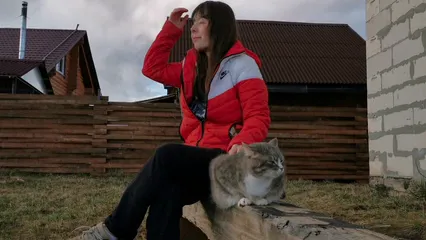
To help relieve those sneezy symptoms, consider a Feline Upper Respiratory Infection Treatment. This product can help manage the symptoms and keep your cat comfortable while they recover!
In short, if your cat is sneezing more than usual, keep an eye on those worrisome symptoms. URIs can be contagious, especially in crowded environments like shelters, so ensure your cat gets the care they need to bounce back quickly.

5. Allergies
While cats can have allergies, they’re not as common as in humans. When they do occur, sneezing can be one of the main symptoms. Cats can react to various allergens, including pollen, dust mites, mold, and certain chemicals. Imagine your cat’s nose as a super-sensitive sensor, reacting to environmental changes.
If your kitty is sneezing more frequently, look for other signs of allergies. They might scratch more, have watery eyes, or even exhibit coughing. A little bit of detective work can help you identify potential triggers. Is there a new cleaning product in your home? Or did you change your cat’s litter?
To help manage those pesky allergies, consider a Cat Allergy Relief Spray. This spray can help alleviate symptoms and make your kitty feel much more comfortable!
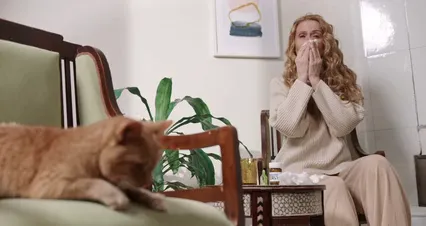
Consulting your vet can provide insight into managing these allergies. They may recommend antihistamines or suggest avoiding certain allergens. While allergies might not cause as much drama as a viral infection, they can still lead to a sneezing fit that interrupts your cat’s nap time!
6. Foreign Objects
Cats are naturally curious creatures, and sometimes, that curiosity leads them to inhale foreign objects. Whether it’s a blade of grass, a piece of lint, or even a tiny toy, these items can get lodged in their nasal passages. The body’s way of dealing with this? You guessed it—sneezing!
When your cat sneezes in an attempt to expel the intruder, it’s like a sneeze with a mission. If your cat is sneezing often and you suspect they might have inhaled something, it’s essential to act quickly. Check for signs of distress, such as coughing, pawing at the face, or difficulty breathing. If you think a foreign object is stuck, don’t hesitate—contact your vet for assistance. They can help remove the blockage and ensure your cat is safe and sound.
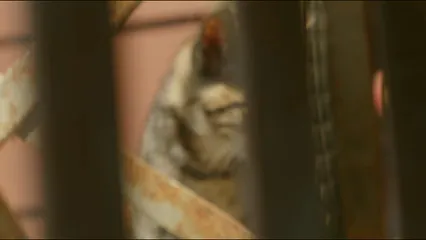
7. Tumors and Growths
As our feline friends age, they may face various health challenges, including tumors in the nasal cavity. These growths can cause sneezing by irritating the nasal passages. While they might sound scary, not all tumors are cancerous, but they can still lead to discomfort for your cat.
Older cats are particularly susceptible to these growths. If you notice persistent sneezing, especially if accompanied by nasal discharge or changes in appetite, it’s time to consult your vet. Early detection is crucial. An examination may include imaging studies or a rhinoscopy to identify the issue accurately. If a tumor is found, your vet will recommend potential treatment options tailored to your cat’s unique situation. Remember, timely intervention can make a world of difference!
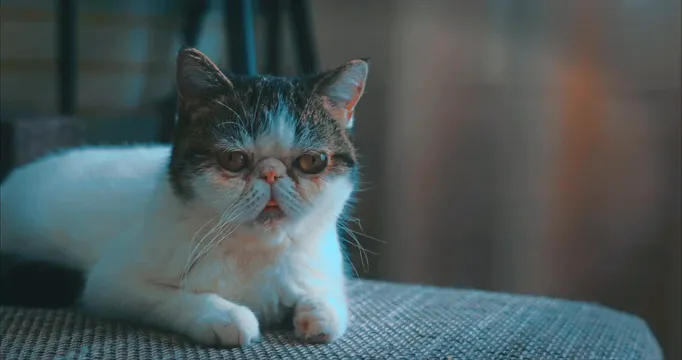
When to See a Veterinarian
Every cat owner dreads the thought of their furry friend being unwell. While occasional sneezes are relatively normal, persistent sneezing can signal a need for veterinary care. Here are some red flags to watch for:
- Persistent Sneezing: If your cat is sneezing frequently over several days, it’s time for a vet visit. Continuous sneezing often indicates an underlying issue.
- Accompanying Symptoms: If sneezing is paired with loss of appetite, lethargy, or changes in behavior, these may be signs of illness. Pay attention to your cat’s overall condition.
- Nasal Discharge: Watch for abnormal nasal discharge. Clear discharge could be minor, but yellow or green discharge often signals a bacterial infection that requires treatment.
- Blood in Sneezes: If you notice blood in your cat’s sneezes or discharge, don’t wait. This could indicate serious problems, like a tumor or severe infection.
- Coughing or Difficulty Breathing: If your cat is struggling to breathe, or if sneezing is accompanied by coughing or wheezing, seek immediate veterinary attention.
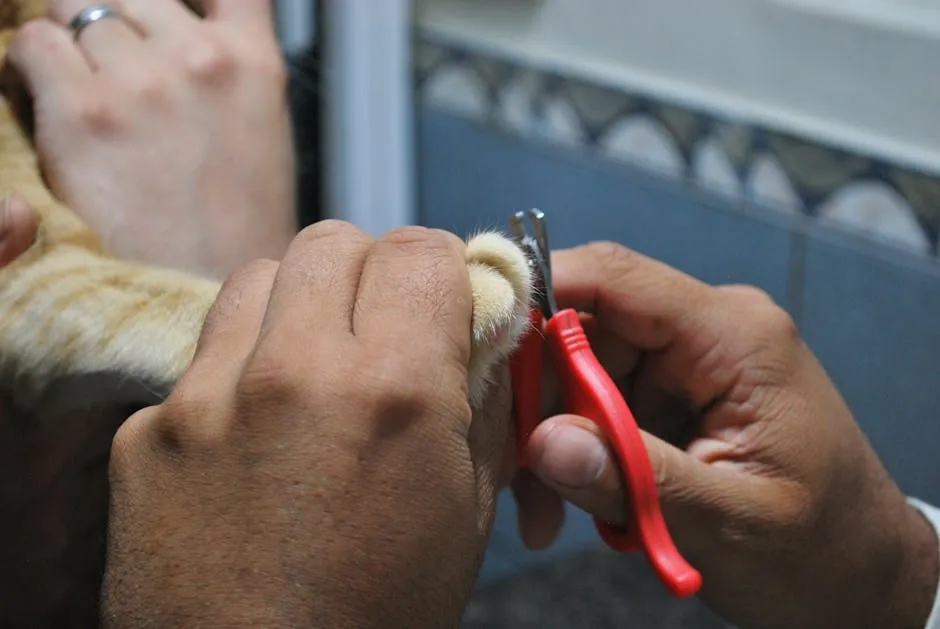
Timely medical attention can help avoid complications. Your furry companion deserves the best care possible, so don’t hesitate to consult your veterinarian when in doubt. Remember, many sneezing causes are treatable, and early intervention can lead to better outcomes for your beloved pet!
Diagnosis and Treatment Options
1. Veterinary Examination
When your cat starts sneezing persistently, a trip to the veterinarian is essential. Expect a thorough veterinary examination that begins with a detailed history of your cat’s health. The vet will ask about the sneezing frequency, any accompanying symptoms, and recent changes in your cat’s environment.
Following the history taking, the vet will conduct a physical examination. They’ll check your cat’s nose, eyes, mouth, and throat for signs of infection or irritants. They’ll also listen to their heart and lungs to rule out respiratory issues. This comprehensive approach helps pinpoint the cause of the sneezing, whether it’s a simple irritant or a more severe condition.
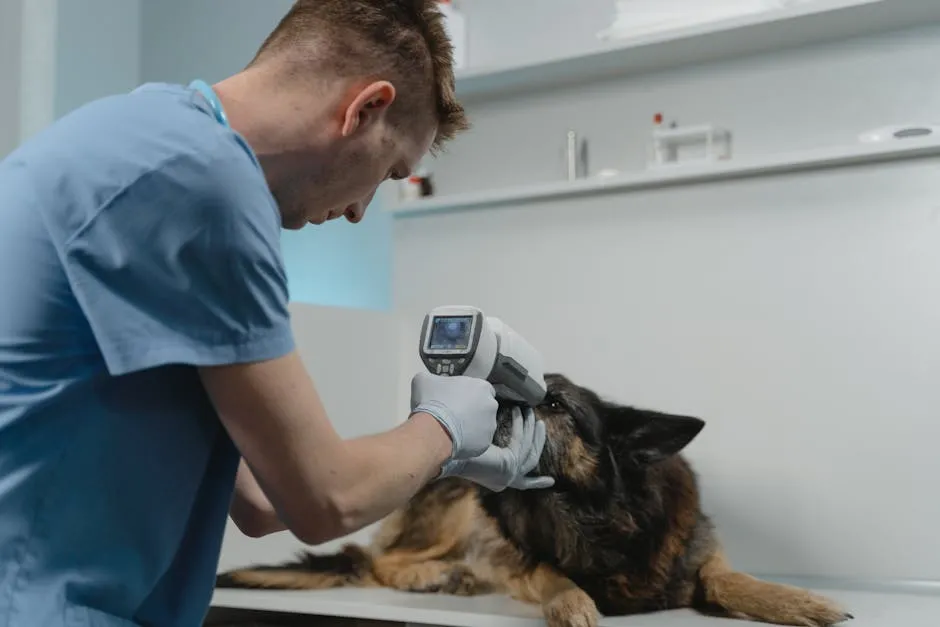
2. Diagnostic Tests
If the examination suggests something more serious, your veterinarian may recommend diagnostic tests. These tests help clarify the underlying issue causing the sneezing. Common tests include imaging techniques such as X-rays or CT scans, which can reveal foreign objects, tumors, or other abnormalities.
Rhinoscopy is another useful tool. This procedure involves inserting a small camera into the nasal passages for a closer look. It allows the vet to identify any blockages or infections directly. In some cases, a biopsy may be necessary to analyze tissue samples, particularly if there’s a concern about growths or tumors. These tests provide valuable insights, guiding the best treatment options for your sneezing feline.
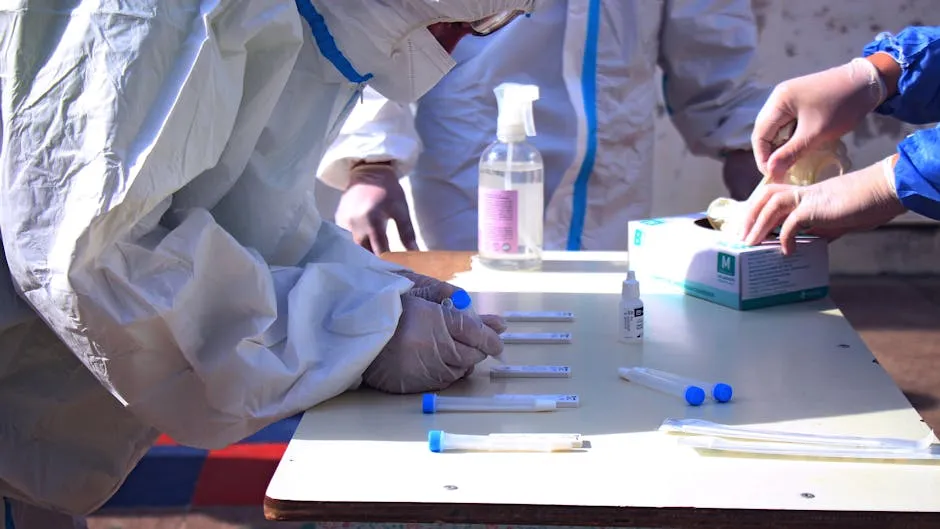
3. Treatment Approaches
Treatment for your sneezing kitty will depend on the identified cause. If your cat has a bacterial infection, a course of antibiotics may be prescribed to clear it up. For dental disease, a thorough dental cleaning or even tooth extraction could be necessary to relieve the sneezing caused by infections near the nasal passages.
In cases of viral infections, the focus will be on managing symptoms. This may include keeping your cat hydrated, using humidifiers, or administering medications to ease discomfort. A Pet Humidifier can do wonders in alleviating nasal congestion!
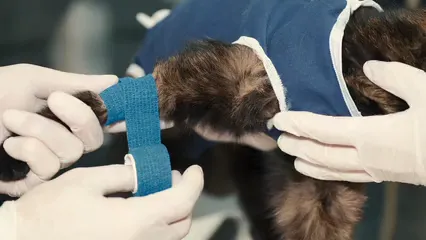
Home remedies can also play a role in treating minor irritations. Keeping your cat’s environment clean is crucial. Regularly vacuuming and dusting can minimize allergens that may trigger sneezing. Additionally, some pet owners find that warm, moist air from a humidifier can help ease nasal congestion.
For allergies, your vet might suggest antihistamines or recommend avoiding specific allergens. Monitoring your cat’s environment for potential irritants, like strong scents or dust, can also help reduce sneezing episodes. Ultimately, addressing the root cause ensures your furry friend can breathe easy and feel their best.

Prevention Tips
Preventing sneezing in your cat starts with routine veterinary check-ups and vaccinations. Keeping your cat’s vaccinations up to date is crucial in protecting them against respiratory infections that can lead to sneezing.
Maintaining a clean living environment is equally important. Regular cleaning reduces exposure to dust, mold, and other allergens that might irritate your cat’s sensitive nose. Pay special attention to areas where your cat spends a lot of time, ensuring they remain free from irritants.

Monitoring allergens is another key step. If you notice your cat sneezing more during specific times of the year, it may be due to seasonal allergens like pollen. Keeping windows closed during high pollen seasons and using air purifiers can help. A Pet Air Purifier can also be a great investment for keeping your indoor air clean!
Lastly, don’t overlook dental care. Regular check-ups and cleanings can prevent dental disease, which often leads to sneezing. Healthy teeth and gums mean a happier, sneeze-free cat. By implementing these preventive measures, you can help ensure your feline friend enjoys a healthy, sneeze-free life.
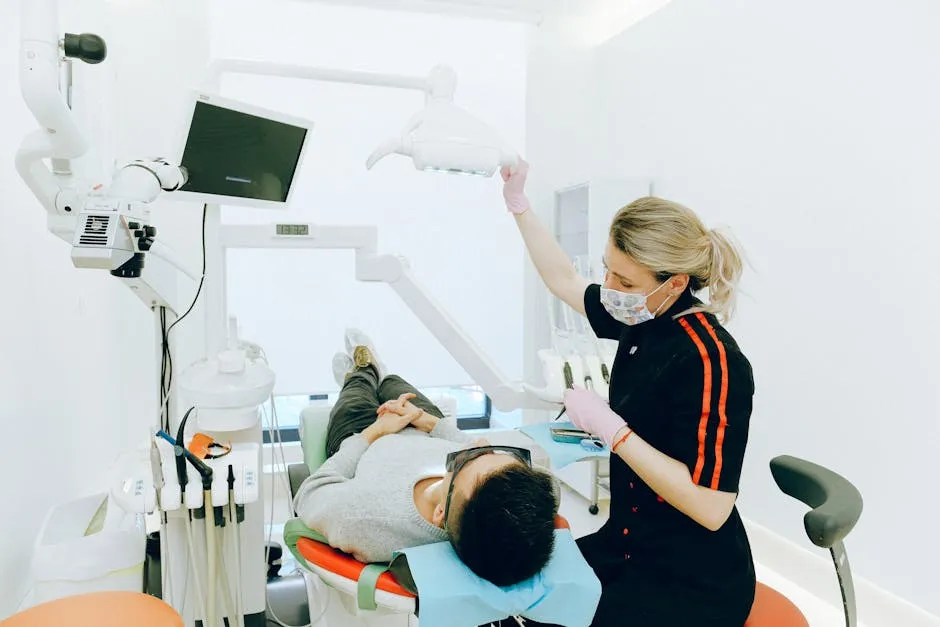
Conclusion
Understanding why your cat sneezes is vital for their health. Sneezing can be as simple as a nose tickle or an indicator of something more serious. As cat owners, we must be vigilant. Monitoring any changes in sneezing frequency or behavior is crucial. If your feline companion starts sneezing more than usual, take note of any accompanying symptoms. Is there an unusual discharge? Loss of appetite? These could signal a need for veterinary care.
Never hesitate to consult your veterinarian when in doubt. They are your best resource for understanding your cat’s health. Many causes of sneezing are treatable, especially if addressed promptly. Early intervention can lead to better outcomes and ensure your furry friend remains happy and healthy. So, keep an eye on those adorable sneezes and remember, a little vigilance goes a long way in keeping your cat content!
FAQs
What does it mean if my cat sneezes and has a runny nose?
If your cat sneezes and has a runny nose, it could indicate an upper respiratory infection or allergies. Look for additional symptoms like lethargy or loss of appetite. If these accompany the sneezing, a vet visit is a wise choice.
Can I catch something from my sneezing cat?
Generally, the risk of catching something from your cat is low. Most sneezing causes in cats are not contagious to humans. However, maintaining good hygiene is always a good practice, especially if your cat is unwell.
Should I be worried if my cat sneezes occasionally?
Occasional sneezing is usually normal. Cats sneeze to clear irritants from their nasal passages, much like we do. However, if sneezing becomes frequent or is accompanied by other concerning symptoms, it’s time to consult your veterinarian.
What home remedies can I try to help my sneezing cat?
For mild cases, keeping your cat’s environment clean is crucial. Ensure they have access to fresh air and consider using a humidifier to ease nasal congestion. Always consult your vet before trying any home remedies.
When is it time to panic about my cat’s sneezing?
Panic isn’t necessary, but you should be concerned if your cat shows persistent sneezing along with thick nasal discharge, blood, coughing, or difficulty breathing. These symptoms warrant immediate veterinary attention to ensure your cat’s well-being.
Common Causes of Sneezing in Cats
1. Normal and Occasional Sneezing
Cats, like us, can have the occasional sneeze. It’s often just their body’s way of clearing out irritants. Think of it as a polite “excuse me!” when something tickles their nose. If your feline friend sneezes once or twice, there’s generally no need for alarm. It’s like a sneeze after a spicy tuna treat—sometimes, it just happens!
However, keep an eye on them. If sneezing becomes a frequent event, you might want to dig a little deeper. Is it just an innocent little sneeze, or is there something lurking behind that adorable nose?

2. Irritants in the Environment
Cats are sensitive creatures. They can react to a variety of environmental irritants that might turn their cute little sneezes into a symphony of “achoo!” Common culprits include dust, smoke, and strong odors like cleaning products or perfumes.
Imagine walking into a room filled with lingering scents of last night’s dinner. Your cat might feel the same way—sneezing to express their displeasure! If you’ve recently cleaned or used scented products, this could be the reason behind the sneezing. Freshen up their space and see if the sneezing subsides.
3. Dental Problems
Dental health is crucial for our feline companions. Believe it or not, dental disease can lead to sneezing. When a cat has a tooth infection, especially in the upper jaw, it can cause inflammation that extends into the nasal passages. It’s like a bad neighbor moving in, causing chaos in the neighborhood!
If your cat is sneezing frequently, don’t overlook their dental health. Regular check-ups can spot issues before they escalate. After all, no one wants a sneezing cat with a toothache! Pair their dental care with some Cat Treats for Dental Health to make their dental routine more enjoyable!
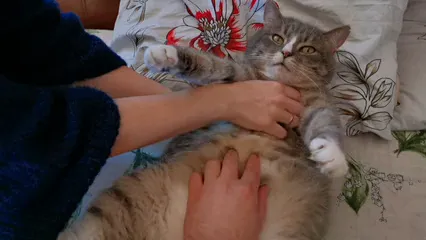
4. Upper Respiratory Infections
Upper respiratory infections (URIs) are the feline equivalent of the common cold. The prime suspects here include the notorious feline herpesvirus and calicivirus. These viral infections can lead to a whole host of symptoms, including sneezing, nasal discharge, and even eye problems.
Just like us, cats can feel pretty miserable when they’re sick. If your cat is sneezing and looking a bit under the weather—maybe even losing their appetite or lounging around more than usual—it’s a good idea to contact your vet. Catching these infections early can lead to a speedy recovery, and we all want our furry friends to feel their best!
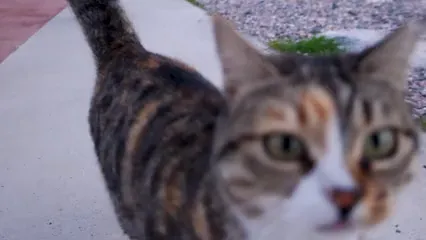
5. Allergies
Allergies aren’t just for humans. Cats can suffer from them too, albeit less frequently. Sneezing can be a sign that your cat is reacting to something in their environment. Common allergens include pollen, dust mites, and certain foods.
If your cat is sneezing and also scratching or has watery eyes, it might be time to play detective. Try to identify any recent changes in their environment or diet. Consulting your vet can help you figure out the best way to manage those pesky allergies.
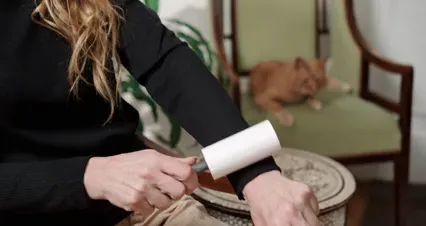
6. Foreign Objects
Cats are curious creatures. Sometimes, that curiosity leads to inhaling foreign objects, like bits of grass or even a stray cat toy. When these objects get lodged in their nasal passages, the result can be quite a sneezing fit.
If your cat is sneezing and seems distressed, it’s essential to assess the situation. Look for signs of discomfort, like pawing at their face or difficulty breathing. If you suspect a foreign object is the culprit, don’t hesitate to call your vet for help. Better safe than sorry!
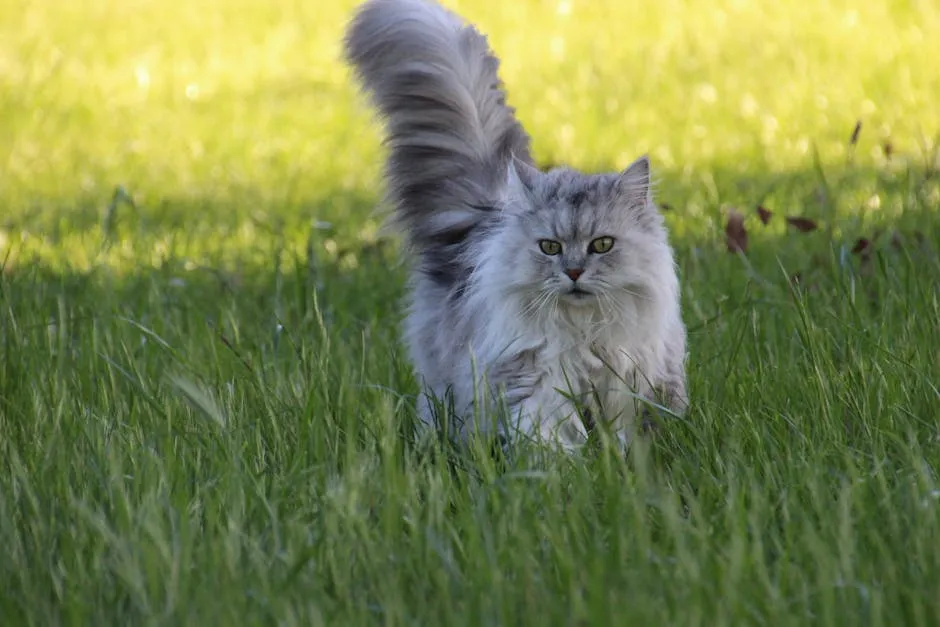
7. Tumors and Growths
As cats age, they can develop tumors or growths in their nasal passages. While it’s a less common cause of sneezing, it’s worth mentioning. Tumors can lead to irritation and sneezing, especially if accompanied by nasal discharge or changes in appetite.
If your older cat is sneezing persistently, it’s crucial to seek veterinary advice. Early detection can make a world of difference, and your vet will guide you through the next steps if needed.
Please let us know what you think about our content by leaving a comment down below!
Thank you for reading till here 🙂
All images from Pexels




